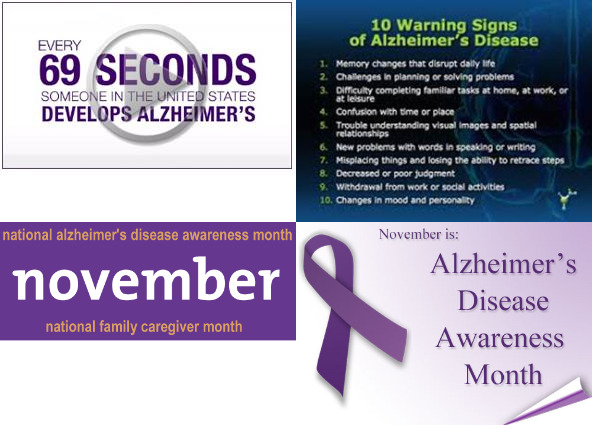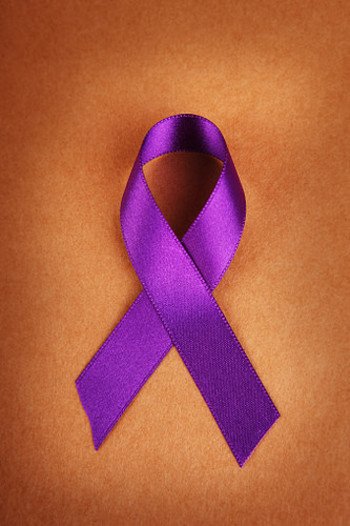
As you may have read elsewhere, November is National Alzheimer’s Awareness Month. But surely, we are already well aware of this horrible disease. After all, Alzheimer’s has directly affected approximately 1 in every 2 families and the others must have certainly noted its prominent coverage in the news. We don’t really need more awareness, right?
Wrong.
Some of the information below may surprise you. That is to say, it is information about which you are not presently aware. However, by merely learning the seven facts below you will be helping to reduce the Alzheimer’s problem. That’s right…making you aware of this information and encouraging you to share it with your social networks will facilitate a more informed and more effective approach to combating the threat we face from this disease.
First, here are a few facts and figures that you may already know. Alzheimer’s currently affects more than 5 million Americans and that number is likely to triple by 2050. It is the sixth leading cause of death in the USA and is climbing steadily in the rankings. Also, Alzheimer’s is the leading cause of dementia and accounts for about 65% of all dementia worldwide. These facts may not be news to you, but they are still quite sobering.
7 Facts You Need To Know
Now, here are some points you may not know but should. It is the following information that I hope will stimulate discussion and promote a better understanding of the disease. With more discourse, we can begin to erode the lingering stigma that currently prevents some people with early symptoms from seeking timely medical attention.
- We generally detect Alzheimer’s at the end-stage of the disease.
Please be aware that we diagnose Alzheimer’s disease far too late to optimize the effects of currently available treatments. - Memory loss is not a part of normal aging.
Please be aware that memory loss is not a part of normal aging and, regardless of the cause of the memory loss, timely medical intervention is best. - Current Alzheimer’s drugs are probably more effective than you think.
Please be aware that currently approved treatments may be more effective than some headlines indicate. - Alzheimer’s disease can be treated.
Please be aware that “we have no cure” does not mean “there is no treatment”. - The Alzheimer’s drug pipeline is full.
Please be aware that, although we don’t know when, better treatments for Alzheimer’s are certainly on the way. - Taking good care of your heart will help your brain stay healthy.
Please be aware that maintaining good vascular health will help you age with cognitive vitality. - Managing risk factors may delay or prevent cognitive problems later in life.
Please be aware that many risk factors for Alzheimer’s can be actively managed to reduce the likelihood of cognitive decline.
So why bother with Alzheimer’s awareness? Because it is a terrible disease with the potential to have a dramatic effect on our aging society and the lack of education and awareness has lead to a stigma that prevents a more proactive approach to early intervention. The result is that we diagnose it too late, which hampers the efficacy of available treatments. A more educated public could manage risk factors to minimize the likelihood of Alzheimer’s, could monitor personal cognitive health with greater vigilance, and could seek medical attention at the earliest sign of decline. Physicians could then diagnose problems earlier and prescribe appropriate treatment including diet, exercise, and drugs to slow disease progression as much as possible. In the end, we could have fewer cases, more effective treatment, slower progression, higher quality of life, and lower healthcare costs. The social, emotional, and fiscal benefits of awareness and education in this area are too large to quantify.
So, in the spirit of National Alzheimer’s Awareness Month, please share this information with your family and friends to promote more widespread awareness. It doesn’t matter how you do your part, it only matters that you get it done.



